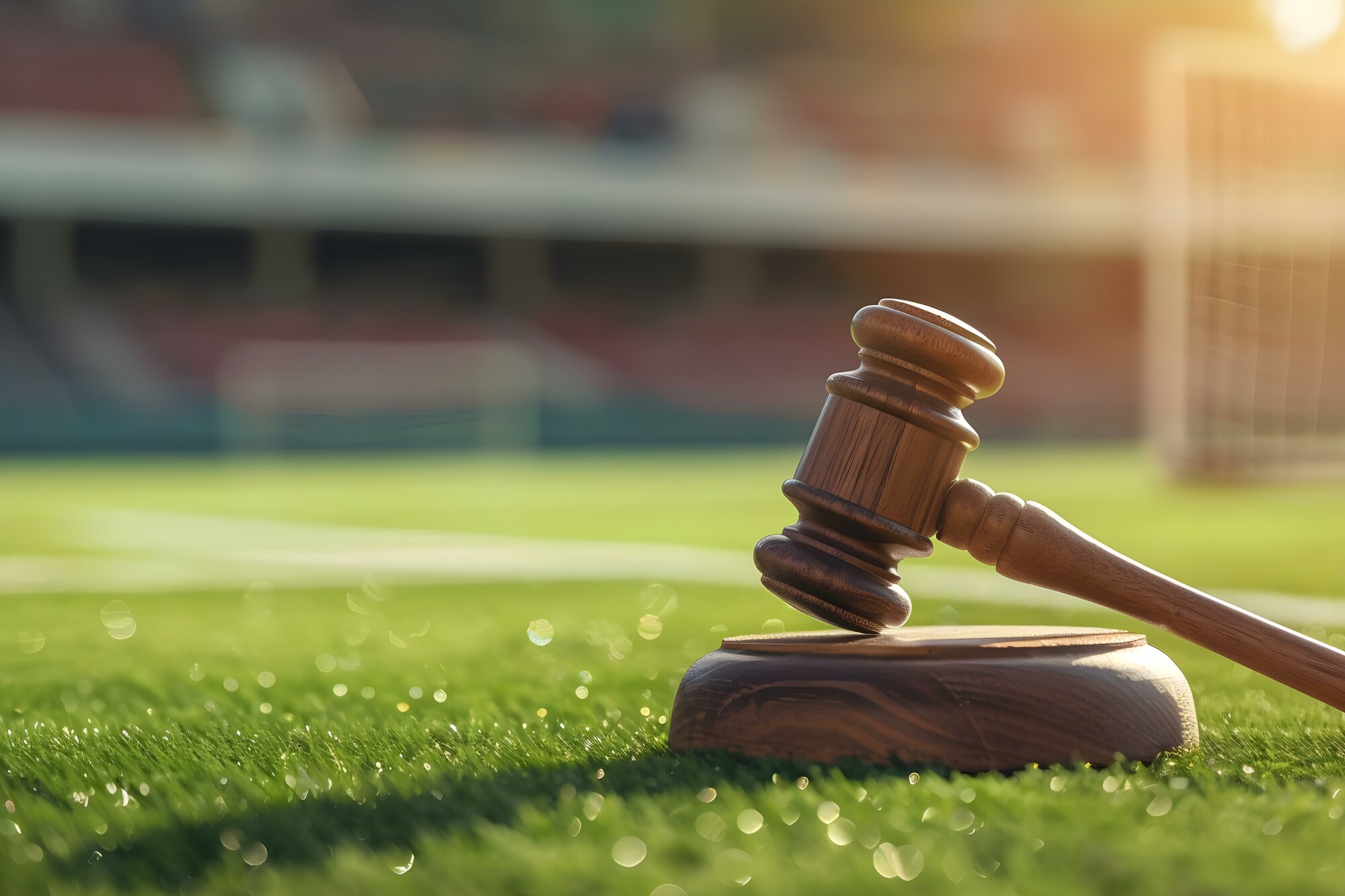Federal Judge Rules NCAA Can’t Bar Student-Athletes from Negotiating NIL Money with Collectives & Sponsors
Foster Swift Business & Tax Law News
April 23, 2024
 On February 23, 2024, the U.S. District Court for the Eastern District of Tennessee granted a preliminary injunction blocking the National Collegiate Athletic Association (NCAA) from enforcing rules which prohibit college athletes and recruits from negotiating compensation for use of their name, image and likeness (NIL) with NIL collectives, boosters and other third parties prior to choosing a school.
On February 23, 2024, the U.S. District Court for the Eastern District of Tennessee granted a preliminary injunction blocking the National Collegiate Athletic Association (NCAA) from enforcing rules which prohibit college athletes and recruits from negotiating compensation for use of their name, image and likeness (NIL) with NIL collectives, boosters and other third parties prior to choosing a school.
Since the NCAA’s Interim NIL Policy went into effect in July 2021, school officials and NIL collectives have become instrumental to many colleges and universities seeking to recruit high-level athletic talent through NIL deals. Numerous investigations into alleged recruiting violations have ensued since the interim policy’s debut through NCAA NIL Enforcement actions, which ultimately came to a standstill on February 23, 2024.
The preliminary injunction was granted by U.S. District Court Judge Clifton Corker. It comes at the request of the attorneys general of Tennessee and Virginia acting on behalf of student-athletes in Tennessee v. National Collegiate Athletic Association. Both states filed suit against the NCAA alleging the organization’s rules suppress competition in violation of federal anti-trust law and unfairly restrict the rights of student-athletes by preventing them from negotiating terms of NIL arrangements prior to deciding which school they will attend.
In granting the injunction, the court found that the NCAA’s policy banning transfer athletes being recruited from discussing NIL opportunities before they enroll in universities has resulted in “irreparable harm to student-athletes.”
Judge’s Ruling Strikes Harsh Tone: NCAA’s NIL Rules are Restrictive, Anti-Competitive and Illegal
The NCAA argued that its ban on discussing NIL opportunities before a student-athlete chooses a school 1) upholds the balance between academics and athletics, 2) distributes competition evenly between institutions, and 3) protects vulnerable student-athletes from entering into unfair agreements.
Judge Corker disagreed and endorsed the argument in favor of free-market capitalism for precompetitive NIL deals. According to the Judge, delaying the ability for student-athletes to know their value any further would result in irreparable harm, and thus prospective student-athletes must have adequate negotiating leverage against NIL collectives prior to choosing a school.
“Without the give and take of a free market, student-athletes simply have no knowledge of their true NIL value. It is the suppression of negotiating leverage and the consequential lack of knowledge that harms student athletes,” wrote Judge Corker in his ruling. See Tennessee v. National Collegiate Athletic Association, No. 3:24-CV-00033-DCLC-DCP, 2024 WL 755528 (E.D.Tenn. Feb. 23, 2024).
What Does the Ruling Mean for Student-Athletes, NIL Collectives, Sponsors and Boosters?
Based on the broad scope of the ruling, it appears that student-athletes, NIL collectives, sponsors and boosters can now freely request, share and discuss specific financial information about NIL contracts and arrangements being offered to college athletes or recruits.
The injunction will continue to be in effect for the duration of the case, which could be months or longer.
Understandably, this decision has left student-athletes, universities, NIL collectives and other vested parties wondering just what will happen next. No one is sure about anything at this point, except that more sweeping changes are inevitable as other important cases wind their way through the federal courts.
Considering the general instability of the current situation, student-athletes, NCAA member organizations and other participating entities or individuals should consult with experienced legal counsel on all matters pertaining to NIL.
What Does the Ruling Mean for the NCAA?
Currently, the NCAA faces at least four other anti-trust lawsuits challenging various aspects of its amateurism model and rules for student-athletes.
For the moment, the NCAA is no longer investigating NIL collectives for pay-for-play violations. However, Judge Corker’s injunction is a narrow one, as it focuses solely on NCAA Bylaw 12.11.4.2, which prohibits NIL negotiations between prospective college athletes and transfer students. The rest of the NCAA’s Interim NIL Policy is still intact, which means the NCAA will still regulate other NIL activity that does not fall under the injunction.
The attorneys of Foster Swift’s NIL Law Group have the expertise and practical experience to counsel student-athletes, sponsor organizations, institutions and other participants as they navigate the unstable, fast-moving NIL environment.




 Share
Share
